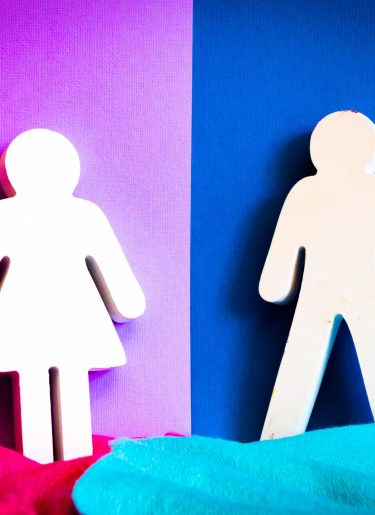
The Danish Parliament has adopted amendments to the Discrimination Act and the Gender Equality Act.
The bill follows up on the Government’s ‘Freedom to be different – strengthened rights and possibilities for LGBTI people’ proposal which, among other things, aims to strengthen and clarify the prohibition of discrimination against LGBTI individuals and to create equal protection inside and outside the labour market.
Previously, gender identity and gender expression were considered to form part of the criteria protected under the Gender Equality Act, the Equal Treatment Act and the Anti-Discrimination Act. With the amendments, however, the Gender Equality Act and the Anti-Discrimination Act explicitly prohibit discrimination on grounds of gender identity, gender expression and gender characteristics. Further, a prohibition of discrimination on grounds of sexual orientation is now included in the Gender Equality Act, which applies outside the labour market. In addition, it is specified in the Criminal Code that the concepts of gender identity, gender expression and gender characteristics fall within the scope of the provision on hate crime and hate speech.
In the preparatory notes to the bill, it is specified that ‘gender identity’ covers a person’s inner and individual experience of their gender, while ‘gender expression’ covers the way in which a person expresses their gender, such as choice of clothing. ‘Gender characteristics’ covers the bodily features that characterise and differentiate the gender, including the number of X and Y chromosomes, beard growth, breast development, etc.
Until now, the Board of Equal Treatment has considered complaints about gender identity and gender expression even though these protected criteria were not explicitly stated in the Act on the Board of Equal Treatment. With the amendments, the Board of Equal Treatment has explicitly been given authority to consider complaints about discrimination on grounds of gender identity, gender expression and gender characteristics as well as complaints about discrimination on grounds of sexual orientation outside the labour market.
Finally, gender identity, gender expression and gender characteristics are now explicitly covered by the authority of the Danish Institute for Human Rights.
The amendments entered into force on 1 January 2022.


